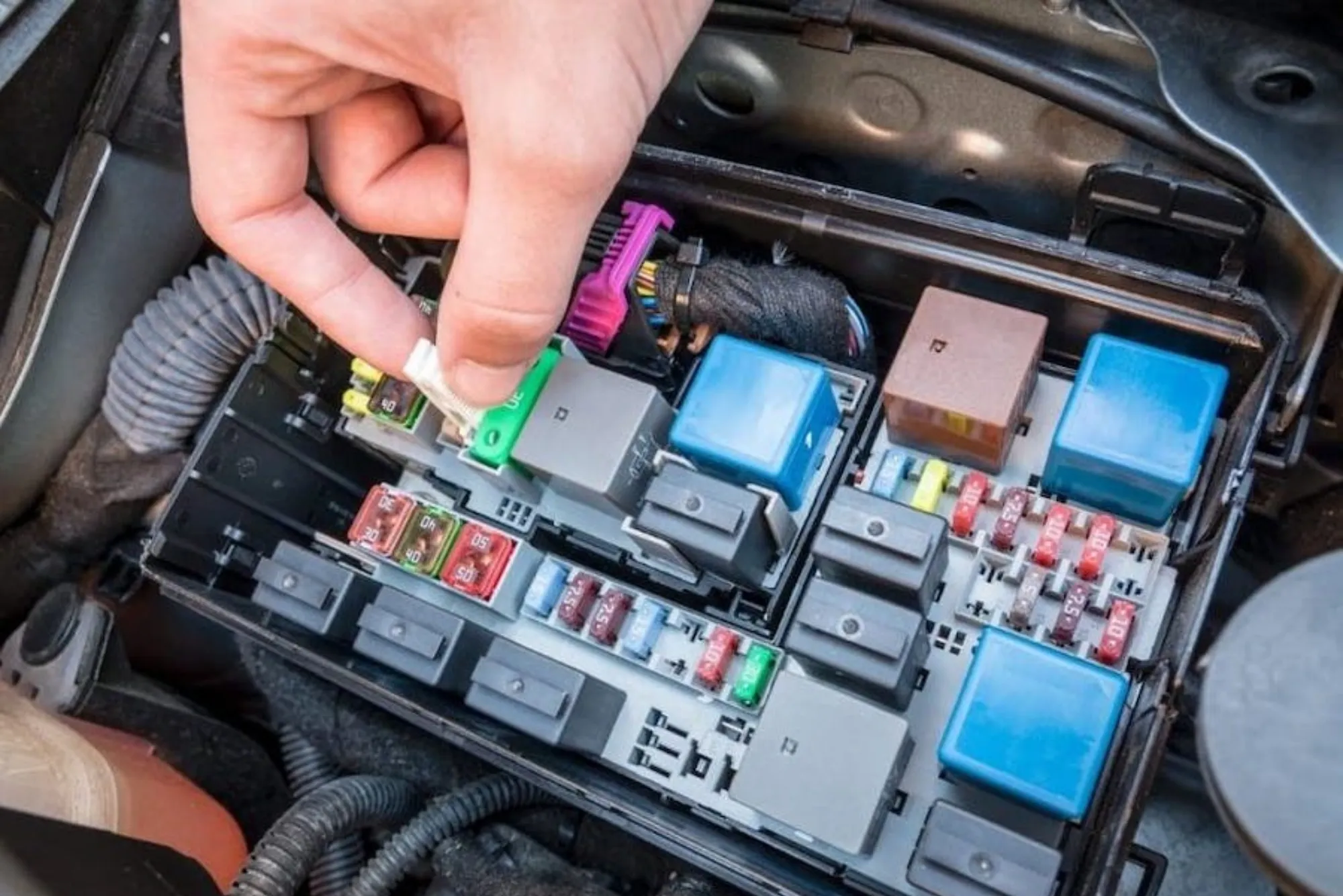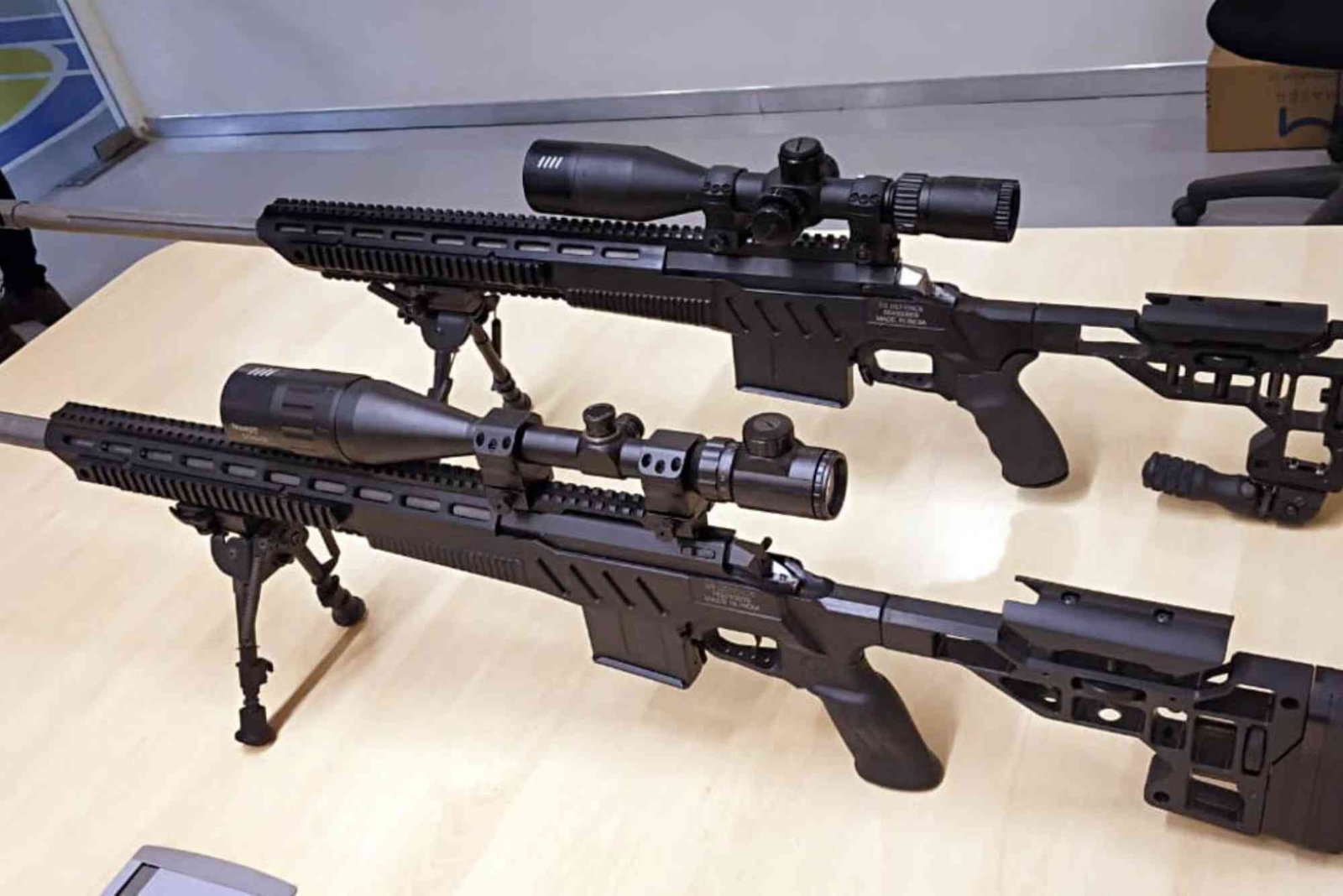The starter relay is a small but crucial part of the ignition system in vehicles like the 2005 Toyota Sienna. When this component malfunctions, it can cause frustrating, intermittent starting issues, leaving drivers uncertain about when their vehicle will start. Intermittent starter relay problems can be tricky to diagnose since they don’t always happen consistently. In this article, we’ll walk through the symptoms, causes, and solutions to help you troubleshoot and resolve intermittent starter relay issues in your 2005 Toyota Sienna.
Understanding the Starter Relay in the Toyota Sienna
What is a Starter Relay?
The starter relay is an electrical switch that manages the current from the battery to the starter motor, allowing the engine to turn over and start. When you turn the ignition key, the relay activates, connecting the battery to the starter motor and igniting the engine. This relay is vital, as without it, the vehicle simply won’t start.
Location of the Starter Relay in a 2005 Toyota Sienna
In the 2005 Toyota Sienna, the starter relay is typically located in the fuse box, which can be found under the hood. To locate it, open the hood, locate the fuse box near the engine compartment, and check the box’s diagram to find the exact relay for the starter. Having this information handy can make DIY inspection easier for drivers attempting to troubleshoot their vehicle.
Symptoms of a Failing Starter Relay
Intermittent Starting Issues
One of the most common signs of a failing starter relay is intermittent starting. This means the car may not start on the first try or could require multiple attempts. Sometimes, the engine will start right away, while other times, it may struggle. This inconsistency is often due to the relay’s internal contacts wearing out, causing unreliable connections.
Unusual Clicking Noises
When the starter relay begins to fail, you might hear a clicking sound as you try to start the engine. This clicking is the relay trying to engage but failing to connect completely. If you hear a rapid clicking sound but the engine does not turn over, it’s a potential indicator that the relay may need attention.
Other Electrical Symptoms
Electrical problems often accompany a failing starter relay. For instance, you may notice dashboard lights dimming when you try to start the car, or you might see power surges in other electrical components. These symptoms can indicate that the starter relay is either unable to maintain a steady current or is drawing too much power.
Causes of Intermittent Starter Relay Failure
Worn-Out Relay Contacts
Inside the relay are small metal contacts that can degrade over time with regular use. As these contacts wear down, the relay may fail to connect reliably, leading to inconsistent engine starting. Worn-out contacts are one of the most common causes of intermittent starter relay issues.
Faulty Wiring or Loose Connections
Over time, wiring connected to the starter relay can loosen, corrode, or develop breaks. These issues can cause inconsistent electrical flow, which leads to intermittent relay performance. Loose or corroded connections are common culprits and should be checked during troubleshooting.
Temperature and Environmental Factors
Temperature fluctuations, moisture, and humidity can impact the reliability of the starter relay. Cold weather can make it harder for the relay to operate, while moisture can corrode contacts. These environmental factors may contribute to the intermittent nature of starter relay issues in the Toyota Sienna.
Diagnosing an Intermittent Starter Relay Issue
Basic Inspection of the Relay and Fuses
The first step in diagnosing an intermittent relay issue is a basic visual inspection. Open the fuse box, locate the relay, and look for any signs of wear, rust, or corrosion. Also, inspect the related fuses to see if any are blown, which could be preventing the relay from functioning.
Using a Multimeter for Testing
A multimeter can help test the relay’s functionality. Set the multimeter to measure voltage and place the probes on the relay’s terminals. You should see a reading that indicates proper voltage when the ignition is turned on. If the relay doesn’t show a consistent voltage, it might need replacement.
Consulting with a Mechanic
If you’re unable to identify the issue through basic inspection or testing, it’s best to consult with a certified mechanic. They can perform more advanced diagnostics and confirm whether the relay or another component, such as the starter motor or ignition switch, is at fault.
Solutions and Fixes
Replacing the Starter Relay
If your starter relay is indeed the problem, replacing it is often the most effective solution. You can find a replacement at an auto parts store or Toyota dealership. Here’s a basic overview of the replacement process:
- Turn off the engine and disconnect the battery.
- Locate the starter relay in the fuse box.
- Remove the faulty relay and insert the new one.
- Reconnect the battery and test the ignition.
Estimated Costs: The cost of a replacement relay generally ranges between $20 and $50, though labor costs may vary if done by a mechanic.
Addressing Wiring or Connection Issues
If loose or corroded wiring is the problem, carefully clean and tighten the connections around the relay. Use electrical contact cleaner to remove any corrosion, and ensure all connections are tight. This will improve the relay’s reliability and restore proper function.
Preventing Future Relay Issues
Routine Maintenance Tips
Regular maintenance can go a long way in preventing starter relay issues. Inspect the relay and surrounding wiring every few months, especially during extreme weather changes. Keeping the fuse box and relay clean and dry will reduce the chance of future issues.
Protecting the Relay from Environmental Factors
Consider using a protective cover over the fuse box if moisture or extreme cold is common in your area. A cover will shield the relay from environmental factors that can cause corrosion or wear.
Intermittent starter relay issues in the 2005 Toyota Sienna can be inconvenient and may leave you wondering if your car will start. Recognizing the symptoms, such as inconsistent starting and unusual clicking noises, can help you identify when the starter relay might be at fault. By inspecting, diagnosing, and replacing faulty relays or repairing connections, you can resolve these issues and restore reliable vehicle performance. Regular maintenance and preventive measures will also keep your Sienna’s starter relay working smoothly and help you avoid getting stranded unexpectedly.









